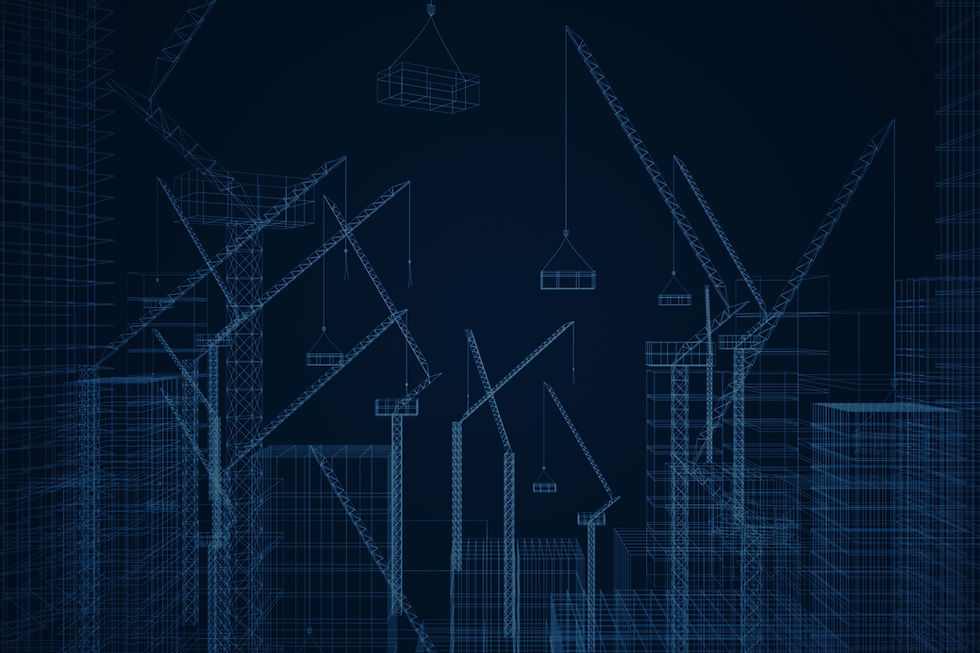Empowering Banking Services for Those Who Need It Most
- pm12543
- Aug 11, 2023
- 3 min read
Empowering Banking Services for Those Who Need It Most
11. August 2023

Across the globe, billions of individuals remain unbanked, unable to access baking services and store their finances in a safe manner. The vast majority of the 1.4 billion unbanked population are women, people living in poorer countries, and those living in rural areas. Even in developing economies, only around 74% of men and an even smaller 68% of women have access to a bank account. Digital payment systems are safer, more convenient, and are often a necessity for using other governmental or financial services. For adults that do not have access to a bank account, they are unable to engage with the vast majority of governmental and societal sectors, creating a huge disadvantage that can last a lifetime. The average unbanked person can come from many different demographics, but one common factor is a lack of permanent address. Lacking a permanent address can arise from two main situations: an ongoing period of homelessness or a lack of infrastructure in your home area. While traditional finance is slow to change, NeoBanks are helping to bridge the gap. By turning to NeoBanks and financial access schemes, individuals are able to overcome typical barriers to entry that they find in the traditional financial system. Using NeoBanks, they can get onto the financial ladder and achieve empowerment. In this article, we’ll discuss the major barriers that people experience when attempting to access banking services and outline how Neobanks are helping to close the access gap for the unbanked community.
What Prevents Individuals From Accessing Traditional Banking Infrastructure? One of the leading reasons that people are unable to access traditional banking systems is due to a lack of permanent addresses. Those with an ongoing state of homelessness are unable to get a bank account as they don’t have an address. Yet, in order to get a flat to rent, they need a bank. This cycle of inability creates an impossibility, creating a cycle of poverty that prevents people from joining the system. Equally, in areas with poor infrastructure, the lack of defined road addresses and postal systems may mean that their home does not qualify within the specifications that a bank has defined. Due to this, they are unable to get a bank account and are prevented from accessing all of the financial systems that bank accounts allow you to then enter.
Another major preventative factor that that some legal documents, like passports or identity cards, are not accepted by some banks. With a strict and centralized governmental approach to banking infrastructure, many users simply do not fit the requirements for any bank in their area. Without the ability to change their core identity documents, they are prevented from accessing this system.
Unbanked communities around the world face these issues, and many more, every single day, with the inability to overcome these core barriers becoming a continual problem for users.
How Do NeoBanks Help?
NeoBanks – banks that have a strictly internet-only presence – are typically associated with much more modern practices than their traditional counterparts. For example, many NeoBanks center around the idea of allowing users to buy and store currency in an Ewallet, while others provide more accessible routes into a very similar financial system to that of traditional finance.
As long as a user has an internet connection or a cell phone and some form of ID, which is well over 85% of the global population, they will be able to sign up with a NeoBank and get started. Modern finance systems remove the traditional barriers that prevent unbanked individuals from joining this financial world.
Blockchain systems offer a degree of financial freedom to the unbanked population. Low-income populations are not the only ones that are set to benefit from the surge in usage of NeoBanks, with even unbanked individuals in countries like the United States being able to get involved. DeFi turns financial infrastructure from a remote possibility into a clear pathway.
By signing up to a NeoBank, unbanked individuals can incorporate themselves into a decentralized system that wants to see them succeed.
Final Thoughts
NeoBanks are rapidly changing the tides when it comes to access to banking institutions. This new wave of financial applications and systems allows people that would be blocked by traditional barriers to access to overcome their predicaments and establish a bank account. This business model is transformative for many communities around the world, bringing banking technology to the places that need it most.
.jpeg)


